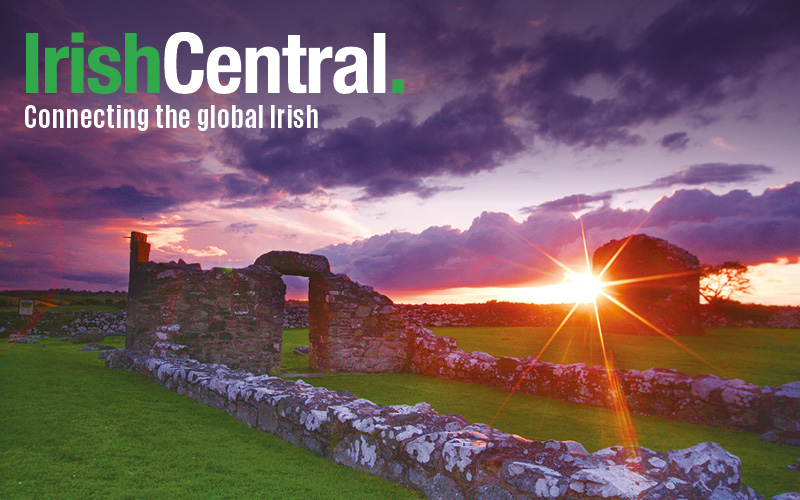When you are not a student, walking into a university college feels a little like trespassing. Or at least, that was how it felt to me that day in 1989 when I walked into University College Galway.
Passing though the old courtyard, I was half expecting someone to walk up and demand to see my student card. You're an imposter, get out of here, I imagined they'd say.
But no one looked twice at me. It was raining. I walked through the old buildings, which at that time looked down at heel, until I found a long corridor that smelled of ammonia, beer and cigarette smoke.
I had been living in the city of the tribes for two months and I was still finding my feet, so I wasn't there to discuss enrolling that day. In fact I was involved in a far trickier business. I was in search of my adult life.
I had reached the right door. Room 202, it read. GAY/LES SOC said a handwritten sign beneath the printed number.
I opened the door. To any passersby I was simply entering a room, but to myself I was a making a powerful public declaration.
I'm here because this is where I am going, my entry spelled out. This is really the door to my future. I half expected to hear a trumpet blast.
In fact there was no one there at all. I looked around, consulted my watch, and sat down.
I was five minutes early for my scheduled meeting. I took a seat. After a little while I heard footsteps approaching. Then the door that I had entered through minutes earlier swung wide open and a man in his late twenties looked around and said my name.
“Are you Cahir,” he asked? He pronounced it Care.
I said I was Cahir. I pronounced it Kah-hir. Our north south provenances had already revealed themselves.
He wrinkled his nose. I saw he was what we in those days called a mature student.
He walked right past me to a large desk in the middle of the room which he threw himself into like a CEO waiting to dictate a letter to his secretary. He didn't look at me directly as he spoke.
“How can I help you?” he asked.
It was a good question. I immediately thought of a Smiths song lyric: “Well, when you want to live how do you start? Where do you go? Who do you need to know?”
At the risk of sounding glib I didn't say this, however. instead I simply told him the first thing I knew about myself.
“I'm from Donegal,” I said.
He guffawed. “So you're from the a**hole of nowhere,” he snorted.
I was very fond of Donegal. This dismissive perspective was news to me.
In return I asked him where he was from and he replied Athlone. I wondered if he thought he had one over on me.
“What brings you here?” he finally asked.
I replied that although it was a city Galway didn't have a gay bar, or a gay cafe, or a gay anything.
“This is only place in town where people can meet,” I told him. Or at least so I read.
“Do you actually have meetings,” I asked? “Who comes to them? Could I come too?”
For the first time he looked directly at me.
“If you want to,” he said cooly, letting his tone say no instead.
A strained silence descended. I felt dismissed. I felt as though I had driven a stolen car in the wrong direction and had arrived somewhere I hadn't anticipated.
It can be hard to remember now, but in the Ireland of 1989 there weren't many gay people who were prepared to have an open and honest conversation about who they were and what they wanted.
I was. But before I had even got started this man was dropping a portcullis over my path.
It turned out that I was from the wrong place. I had the wrong accent. From the wrong town.
For all I knew I was wearing the wrong shoes (mine were size 10 Doc Martens; his were ribbed blue leather loafers over noticeably stubby feet).
He gave me a look of immense impatience. In that moment I finally took him in.
He was somewhere between 29 and 35. He looked uncomfortable in his skin. He looked unhappy.
I had seen men and women like this before. People who seemed always on the verge of laughing or shouting. People who might have been happier once but that moment had clearly passed. People who hadn't grown up.
Now he was tapping one foot from side rapidly to convey that his disinterest. This discussion was at an end, his manner said.
Later it would seem to me the country was full of such people. People who had turned inward because they had looked out without a connection for too long.
What I needed, what I had come in search of, was very thin on the ground in Ireland in 1989: a little human honesty and connection. But he could not give it to me because he could not find it himself.
Instead I simply got what people knew how to give then, what so many young people were given at the time: short shrift. Condescension. The door.




Comments